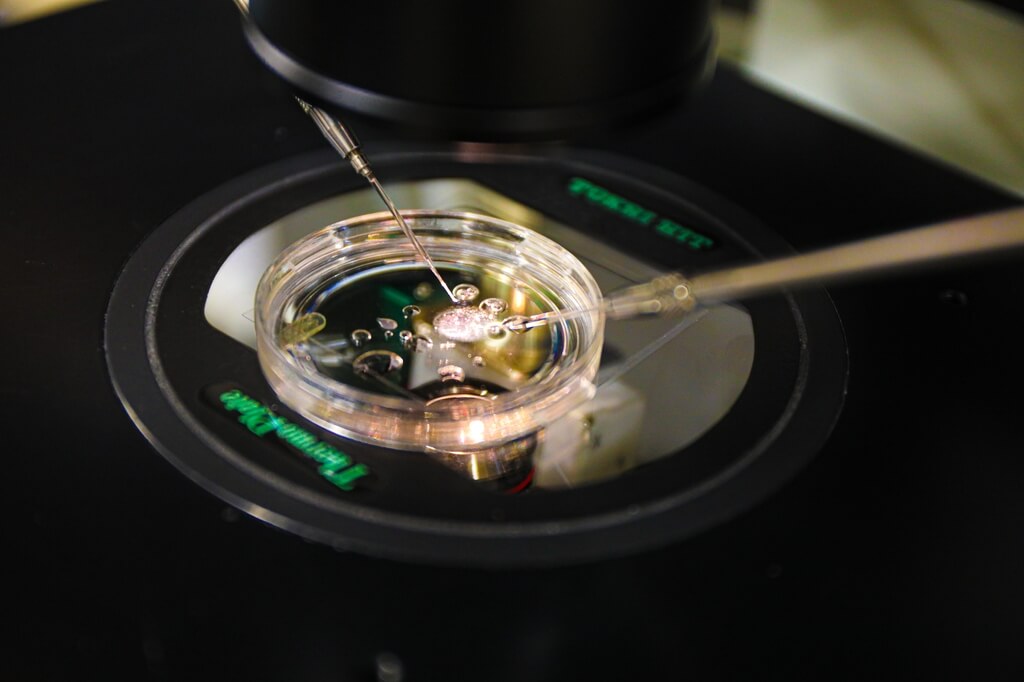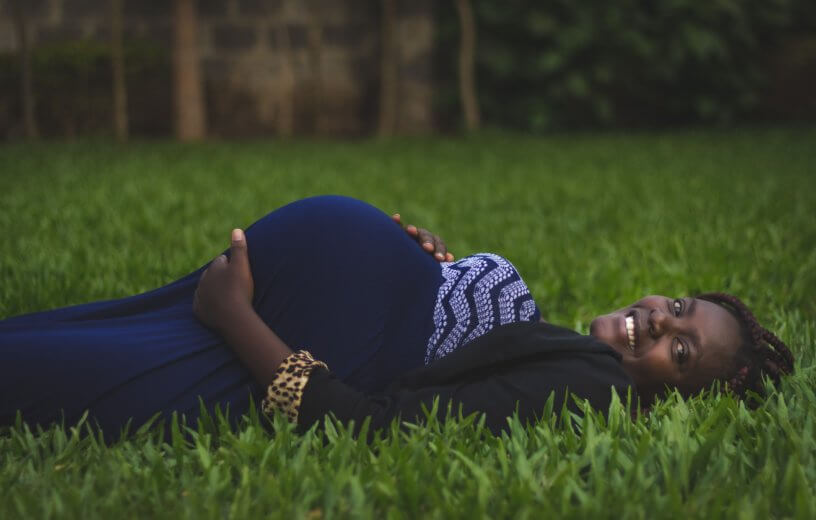LONDON — In vitro fertilization may provide even more hope for those looking to become parents. Researchers in London have found that close to 20 percent of women who needed fertility treatments such as IVF to conceive their first child are likely to get pregnant naturally in the future.
Infertility is defined as the failure to achieve a pregnancy after 12 months or more of consistent attempts. It’s estimated that one in seven heterosexual couples are affected by this issue. At the same time, it’s important to understand that not all women who undergo fertility treatments are infertile permanently. In fact, half of the couples who are unsuccessful in conceiving naturally during the first year can do so in the second.
IVF is a relatively recent medical development, being introduced in 1978. Now, over 10 million babies around the world have been born thanks to in vitro fertilization treatments. This equals out to one to six percent of babies born annually in developed nations as of 2020.
This study was the first of its kind, having analyzed data from 11 studies of over 5,000 women worldwide between 1980 and 2021 in order to investigate how often natural pregnancies happen after a baby is conceived via IVF. The team found that at least one in five women conceived naturally after having had a baby using fertility treatments such as IVF — mostly within the next three years. Even when other factors were taken into account, such as different types of treatments and outcomes, this finding remained the same.
This is an incredible result, particularly because it’s normally considered rare for a woman to get pregnant naturally after using treatments like IVF. The researchers emphasize that this occurrence actually isn’t rare at all.
“Our findings suggest that natural pregnancy after having a baby by IVF is far from rare. This is in contrast with widely held views – by women and health professionals – and those commonly expressed in the media, that it is a highly unlikely event,” says lead author Dr. Annette Thwaites from University College London’s EGA Institute for Women’s Health in a media release.
Many women might think that once they go to the fertility treatment route, they may never be able to go back. This research could help them not only have faith that they may be able to naturally conceive one day but also make pregnancy safer for them. If these women don’t know that they can conceive naturally, they might continue to have unprotected intercourse, which could ultimately lead to an untimely pregnancy.
“Knowing what is possible would empower women to plan their families and make informed choices regarding further fertility treatment and/or contraception,” says Dr. Thwaites.

Shema Tariq, a doctor and academic from London, was diagnosed with low ovarian reserve and was told that she basically had a zero-percent chance of conceiving without IVF. She now has two children.
“It took six rounds of IVF to conceive our son, who was born in 2018. My GP briefly mentioned contraception to me after he was born, but we both laughed and agreed that it wasn’t relevant. It never occurred to me that I might get pregnant (despite being a sexual health doctor). I was 43 and had been told that my chances of conceiving naturally were less than 1%.”
“Eight months later I was unexpectedly, and naturally, pregnant with our daughter. She has been the most wonderful surprise, but when we first found out I felt overwhelmed and unprepared for another pregnancy. If I’d known that one-in-five women conceive naturally after IVF I’d have used contraception until I was ready both emotionally and physically,” Tariq adds.
Sally Pearse was diagnosed with endometriosis in her 20s and was told that conceiving naturally was essentially out of the question.
“Before having my first child I was told by a gynecologist after a laparoscopy that my only way to conceive was through IVF due to endometriosis. After the birth of my first child though IVF I met with the IVF consultant and asked if I may conceive naturally now I had had a successful pregnancy. I was told I had a 1% chance of conceiving naturally so started plans for IVF again. The next month I conceived naturally and went on to have my second child,” Pearse explains.
“I was not given a reason for the 1% chance and feel that even experts in their role get these things wrong. If I hadn’t wanted another child I would have been shocked rather than pleasantly surprised.”
The findings are published in the journal Human Reproduction.
